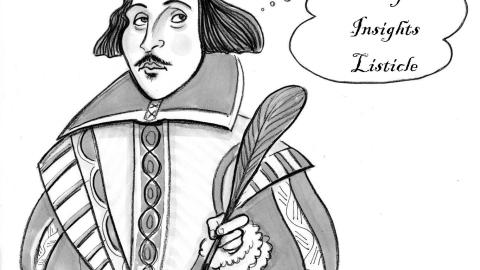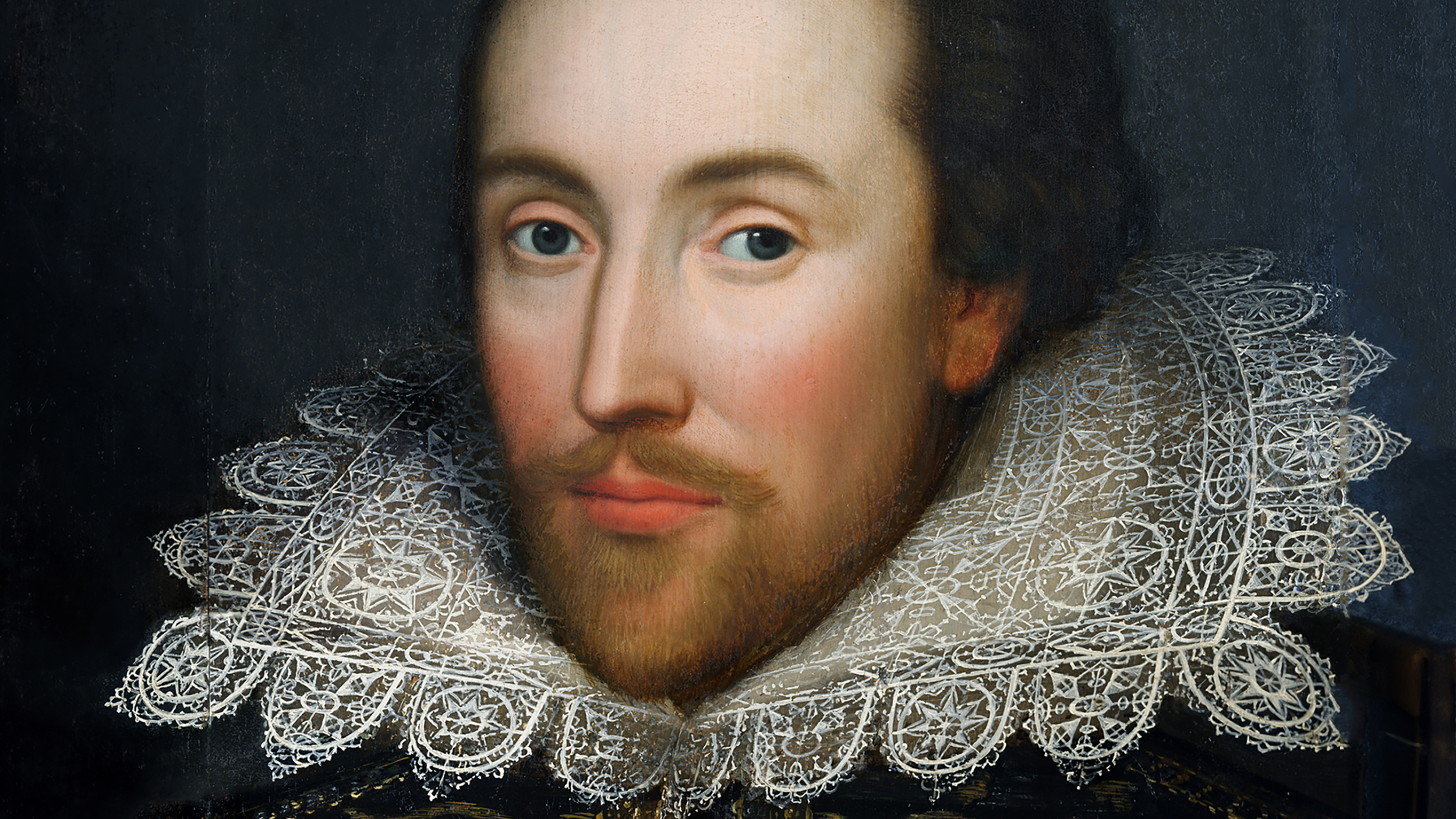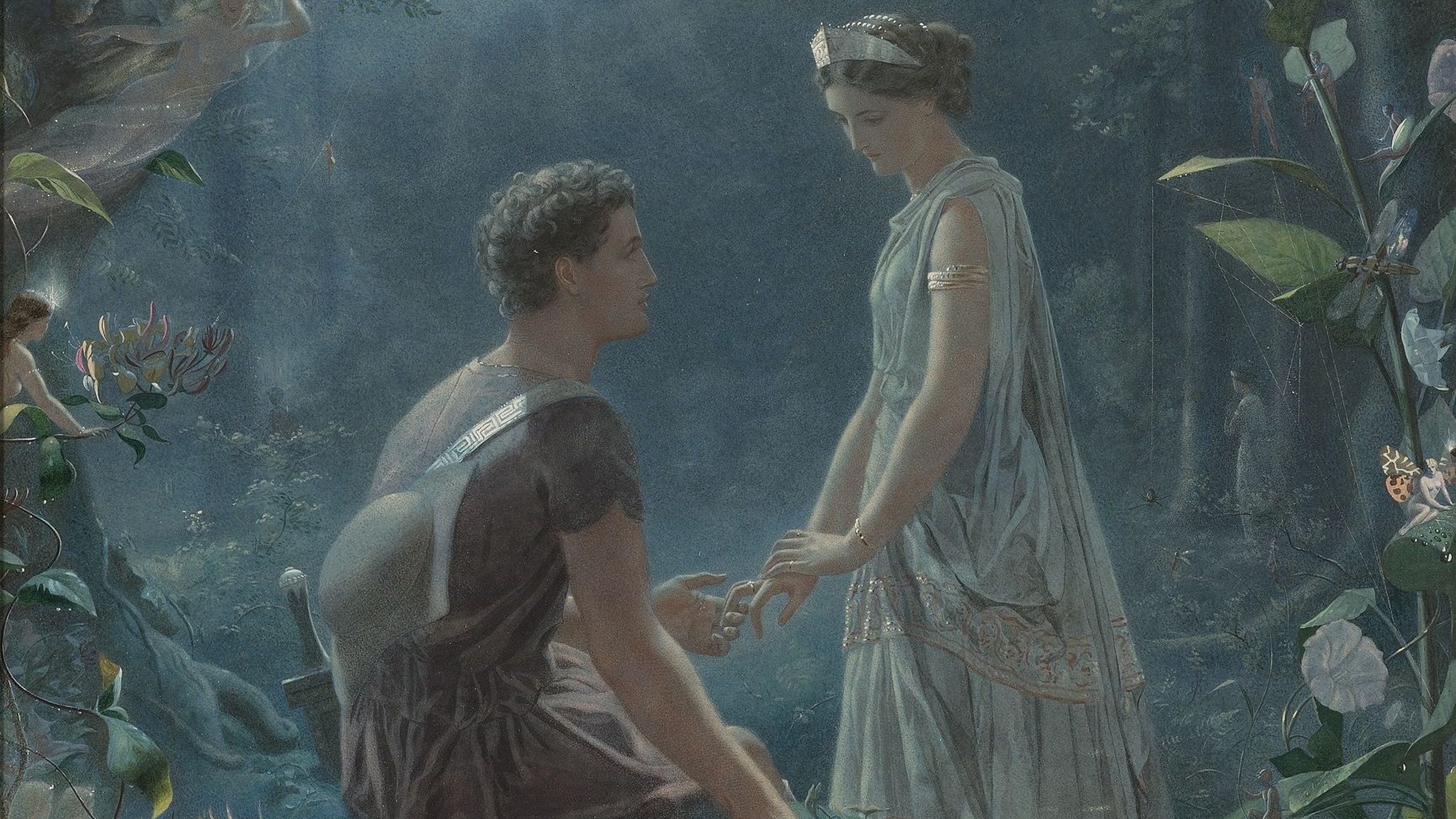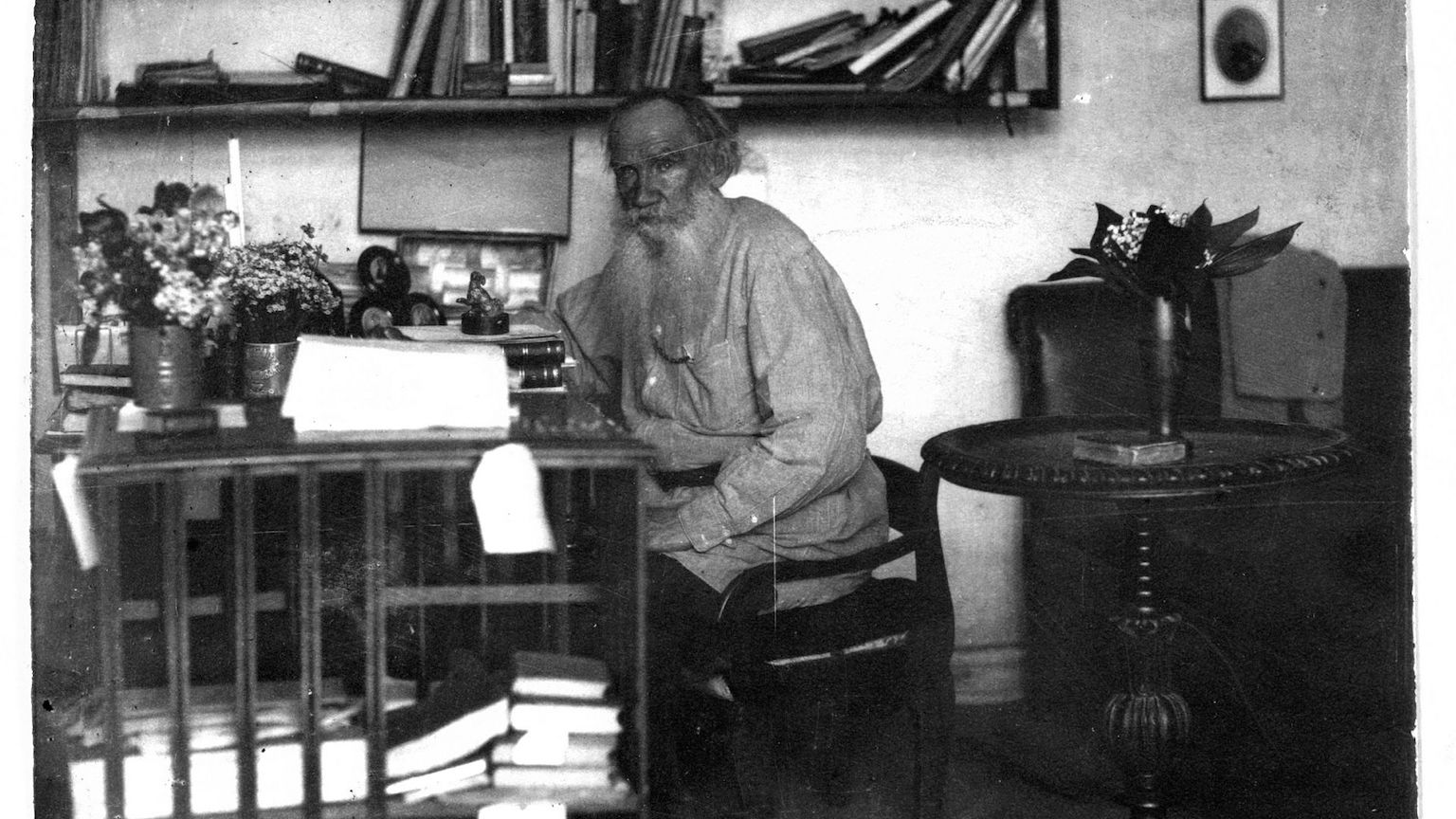10 principles of wisdom from William Shakespeare

Shakespeare’s plays “illustrate principles we could use to navigate our daily lives today.” So says Michael Witmore (director of the Folger Shakespeare Library) in a lecture listing 10 such principles of Shakespeare’s wisdom (with examples).
1. You have to improvise to get things done. In Othello, Iago leverages Casio’s drunken fight (and Hamlet’s “the readiness is all”).
2. Decisions often must be made without all the facts. In Hamlet, contrast Claudius’s decisiveness with Hamlet’s careful “like a scientist” approach.
3. Reputation is a “bubble” that’s easily popped. In Othello, Iago and Casio discuss this, Witmore says “Shakespeare sided with Iago” (+see why Shakespeare beats “rationalist” economists on human nature).
4. “Power is harder to give away than it is to get.” I’m unconvinced, but Witmore says that’s “the lesson of King Lear.”
5. “Our love of legend is greater than the love of facts.” The history plays (Henry V etc) are myth-making.
6. “Race is a kind of script that governs our actions.” In The Merchant of Venice, Antonio follows the standard anti-Semitic script (+see “Better Models of Our Nature Need Social Scripts”).
7. Words can do almost anything (even what force cannot). In Pericles, Maria in the brothel scene.
8. “The capacity to forgive is precious, and it goes hand and hand with the capacity to love.” King Lear’s “no cause” scene.
9. People change, but “changes of heart require changes of perception.” King Lear’s storm scene. Changing perceptions is precisely what art can do (+see “Art’s Hidden Brain Effects”).
10. “Our hopes sustain us even when we think they cannot be satisfied.” Winter’s Tale’s sculpture scene.
Do watch the full lecture, it’s full of further interesting points.
11. Witmore says, Shakespeare created “a democracy of perception.”
12. He harnessed “the persistent reality of our longings for justice, for a world in which the good prevail,” and made the “audience, its hopes, its longing, the efficient cause of the miracle that the theater creates.”
13. The Bard’s 17th Century fans used “commonplace” books to record the wisdom and maxims of his plays (+see “Maxims Fit Us Better Than Maximization,” on why contradictory maxims exist and work).
14. —>Part of what art does is teach and preach. And that happens whether artists intend it or not. (+see how art helped kill American adulthood, leading to the need for adulting schools.)
15. —>“The only art that escapes social, or ethical, or political effects, is art with no audience.”
16. —>It isn’t a cool view in the “art for art’s sake” crowd, but many use art as a source of wisdom.
—





